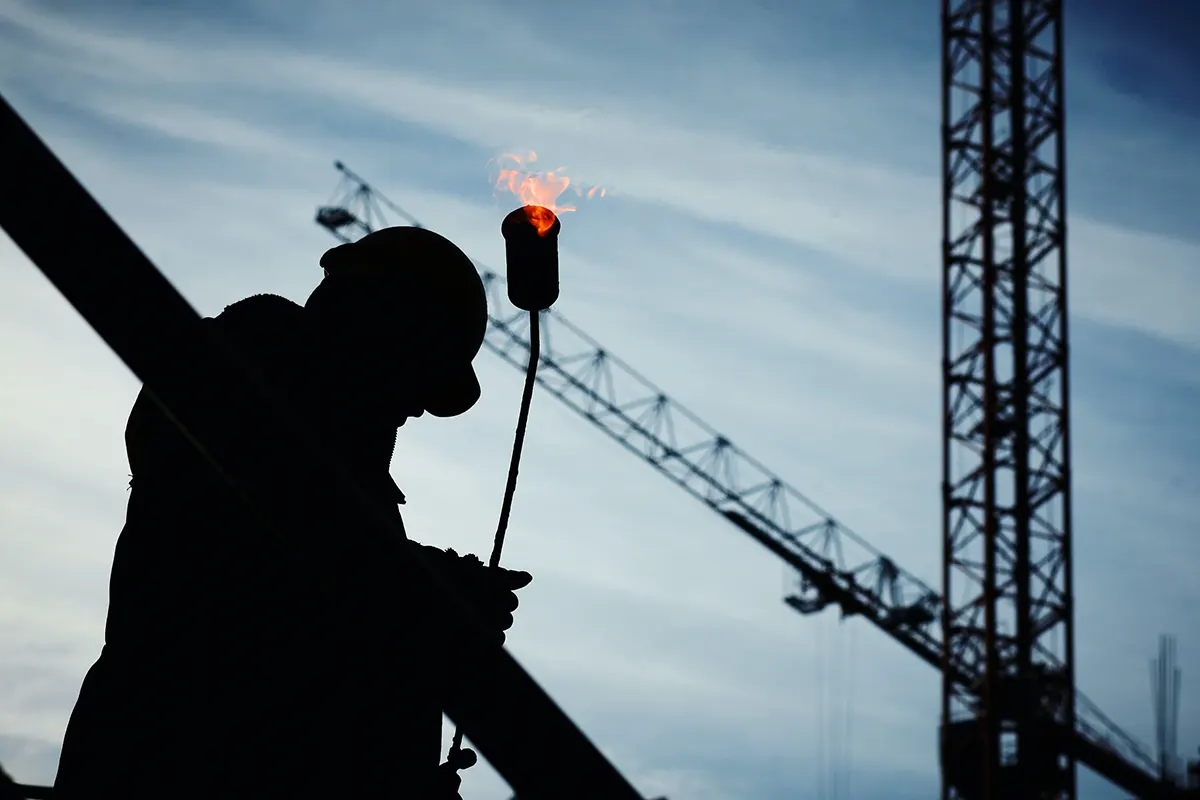Oilfield work is a challenging yet rewarding career choice that offers lucrative opportunities for individuals seeking employment in the energy sector. The oil industry plays a vital role in powering the global economy, and as such, it requires a skilled and dedicated workforce.
Although it appears to be a lucrative business, it is important to remember that oil field accidents do occur and a decision should be made accordingly.
Technical qualifications required to work in the oil field
In order to work in the oil field, certain technical qualifications are usually required. These qualifications may vary depending on the specific job role, but some common requirements include
- Education: A high school diploma or equivalent is often the minimum educational requirement. However, a technical degree or certification in fields such as petroleum engineering, geology, or mechanical engineering can greatly enhance job prospects.
- Industry certifications: Obtaining industry-specific certifications, such as Well Control Certification or Hazardous Materials (HAZMAT) Certification, can demonstrate competence and compliance with safety regulations.
- Specialized training: Many oilfield jobs require specialized training, such as rigging, drilling or well servicing. These training programs provide individuals with the necessary skills to operate machinery, handle hazardous materials, and perform essential tasks safely.
Physical Fitness and Endurance for Oilfield Workers
Oilfield work often involves physically demanding tasks in challenging environments. Therefore, physical fitness and stamina are critical requirements.
Some key aspects include:
- Strength and endurance: Oilfield workers may be required to lift heavy equipment, work in confined spaces, or endure long hours in extreme weather conditions. Maintaining physical strength and endurance is essential to perform these tasks safely and efficiently.
- Health and Wellness: Regular medical examinations, a healthy lifestyle, and adherence to safety protocols are essential to ensure optimal physical well-being. Workers must be willing to undergo physical examinations and meet specific health requirements set by employers.
Oil Field Safety Awareness and Compliance
Safety is paramount in the oilfield due to the inherent risks associated with the industry. Individuals working in the field must have a strong commitment to safety and adhere to strict protocols.
- Safety training: Comprehensive safety training programs are typically mandatory for oilfield workers. These programs cover topics such as hazard identification, emergency response, use of personal protective equipment (PPE), and safe work practices.
- Risk Assessment: The ability to identify potential hazards and assess risk is critical. Oilfield workers must be vigilant and proactive in maintaining a safe work environment for themselves and their colleagues.
- Compliance: Familiarity with local, national and international regulations governing the oil industry is essential. Workers must stay abreast of safety standards, environmental regulations and industry best practices to ensure compliance.
Teamwork and Communication Skills
The oilfield is a collaborative environment where effective teamwork and communication are critical to success.
- Collaboration: Oilfield workers often work in teams, requiring effective collaboration and coordination. The ability to work well with others, follow directions, and contribute to a positive team dynamic is critical.
- Communication: Clear and concise communication is essential to convey information, report incidents, and ensure smooth operations. Strong oral and written communication skills are highly valued in the oilfield.

